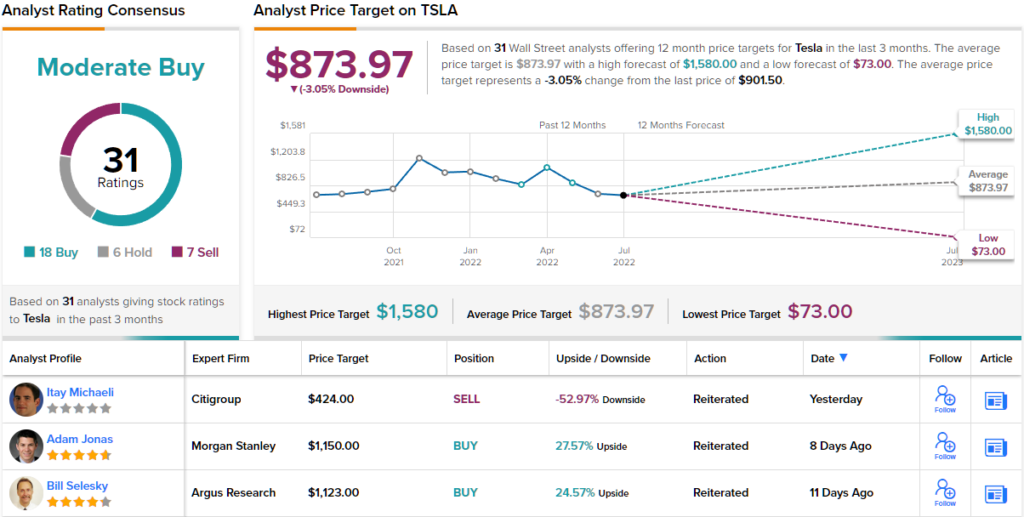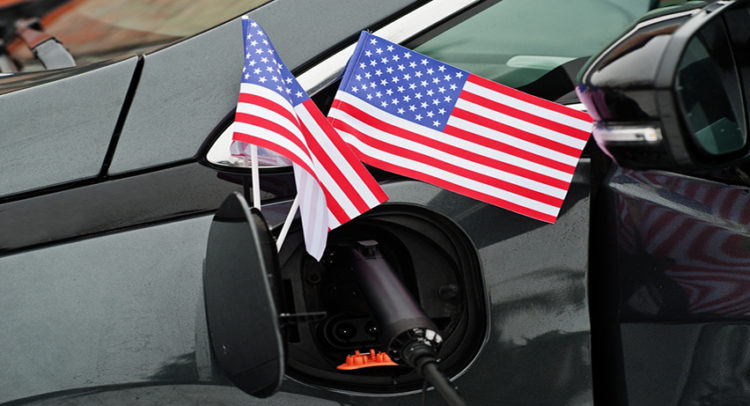In case you haven’t heard yet, Senate Democrats are working on a compromise bill aimed at slowing the rise in healthcare costs while at the same time slowing the growth of carbon emissions to the atmosphere — the Inflation Reduction Act of 2022.
Valued at some $739 billion in new spending, with some tax tweaks to help pay for it, the IRA proposes allocating (among other things) roughly $369 billion to slowing climate change, including by offering expanded $7,500 federal tax credits for purchases of new electric cars (and a brand new program of $4,000 credits for purchases of used electric cars).
There are caveats to the tax credit program: Buyers can only claim them if their individual income is less than $150,000 (for the new electric cars) or less than $75,000 (for used cars), for example. Super-luxury electric vehicles won’t get rebates at all. Electric pickups and SUVs have to cost less than $80,000 to qualify for a rebate, for example; electric sedans less than $55,000; and used EVs of any stripe can’t cost more than $25,000.
Still, it’s a generous program — with another big caveat of especial interest to investors.
As Morgan Stanley analyst Adam Jonas points out, President Biden was quite clear that he only wants these rebates to be available for cars that are “made in America.” And this protectionist quirk of the legislation (assuming it passes in its present form) could be especially favorable to EV leader Tesla (TSLA), which boasts “the highest US-sourced content of any OEM” automotive manufacturer in the United states at 62% U.S. content in its cars. Honda Motor Company (HMC), believe it or not, is No. 2 with 55% U.S. content, followed by Netherlands-based Stellantis (STLA) at 46%.
For Tesla investors, this story gets even better — reinforcing Jonas’s view that Tesla stock deserves an Overweight (i.e. Buy) rating and $1,150 price target. You see, if you focus in on the top 10 best-selling EV models right now (some of which are getting sales boosts from existing government tax credits, in contrast to Tesla, which has run through its quota of tax credits already), neither Honda nor Stellantis even place in that top 10. Instead, in addition to Tesla, car companies ranking in the top 10 for EV sales include:
- Ford (F), with U.S. content of only 39% in its automobiles.
- Nissan — with 24%.
- Kia — with 12%.
- Hyundai — with 7%.
- And Audi with … 1% U.S. domestic content.
What does this imply, you ask? Not to put too fine a point on it, but aside from Tesla, which boasts both popular EV models and huge U.S. content in those models — which should help its car buyers to claim those tax rebates — the competition largely comprises either (i) car companies that have significant U.S. content, but don’t have popular EVs; or (ii) car companies that have popular EVs, but lack much U.S. content — and so probably won’t qualify for rebates.
Incidentally, according to the U.S. Federal Trade Commission, “made in the U.S.A.” generally requires more than 50% U.S. content in an automobile. Tesla’s got that in the bag — and Tesla’s competitors have their work cut out for them.
There are 31 analyst reviews on record for TSLA, including 18 Buys, 6 Holds, and 7 Sells, giving the stock a Moderate Buy rating from the analyst consensus. The Tesla bears, though, are having a big impact on the average price target; at $873 and change, the figure implies shares will remain rangebound for the foreseeable future. (See TSLA stock forecast on TipRanks)

To find good ideas for EV stocks trading at attractive valuations, visit TipRanks’ Best Stocks to Buy, a newly launched tool that unites all of TipRanks’ equity insights.
Disclaimer: The opinions expressed in this article are solely those of the featured analysts. The content is intended to be used for informational purposes only. It is very important to do your own analysis before making any investment.


